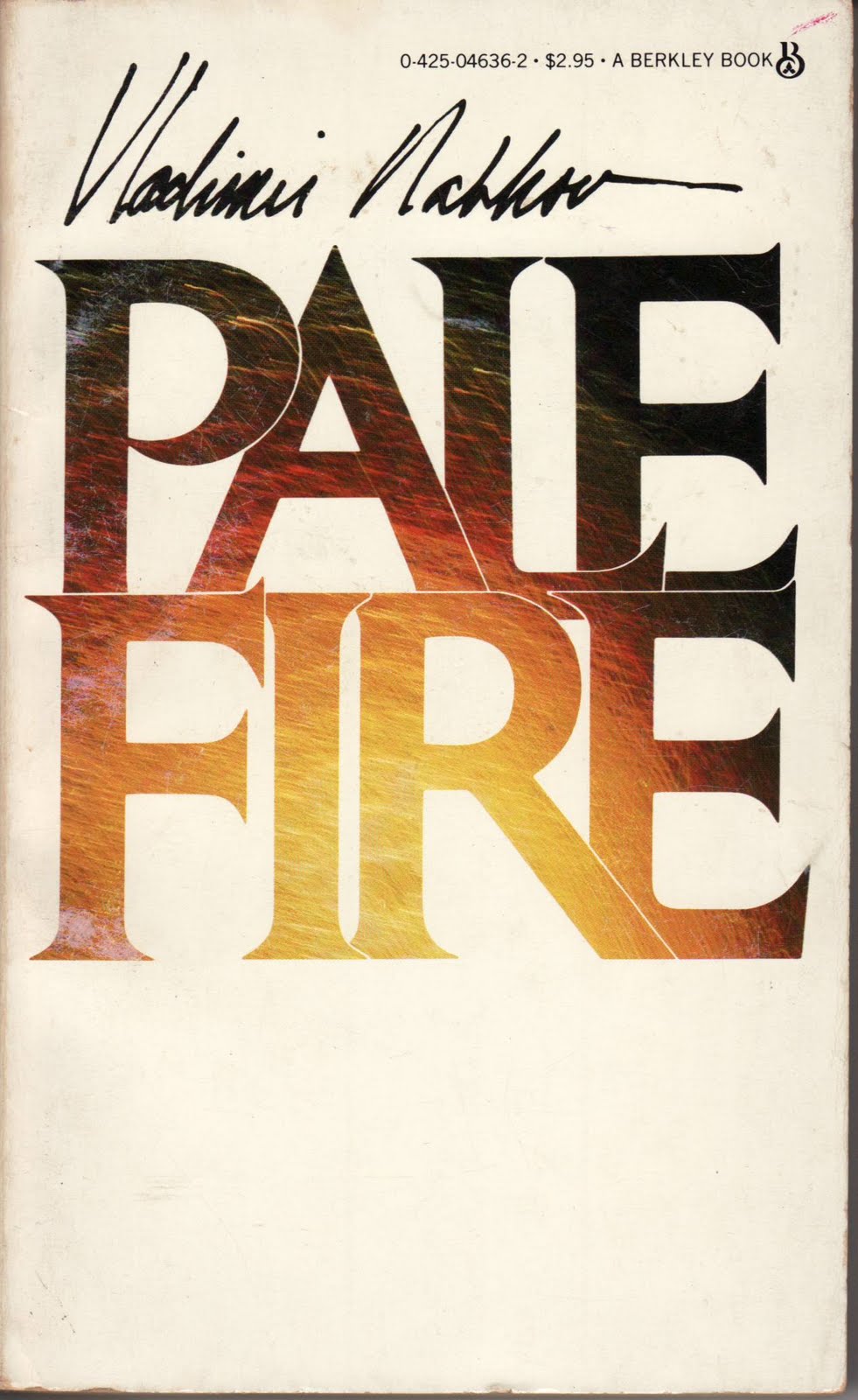5. Vladimir NabokovLolita

I was turning 17-years-old and I bought the paperback of Lolita with the Kubrick tie-in cover. I think I’d read nothing more than the first page or so before I realised this was far more than I was expecting. Up to that stage, I’d been imitating Lovecraft certainly, but I’d gradually begun to develop my own way of writing in a Lovecraftian fashion. But this just showed me so much more that you could do with style and language, that it immediately changed my writing. The very next story I wrote was probably a couple of weeks after reading Lolita, reads like somebody else entirely from that first book of mine. Pale Fire was very shortly after published in paperback, which I bought and was bowled over all over again in terms of how much you could do with narrative. A novel which is in the form of a 999 line poem and then several hundred pages of exegesis, which is among other things extremely funny, highly suspenseful and surprising. It’s just a revelation to me. I remember in those days, lord help us it probably didn’t do my eyesight any good, but I used to read while I was walking. You’d see me walking along with a paperback in my hand, just looking up when I got to the curb to make sure I didn’t get run over by traffic. And I remember coming to the moment in Pale Fire where he lets a pronoun slip, if you remember, and reveals all in a way in a single syllable. I remember the sort of gasp I gave out in the street, which made a whole number of people glance at me and back away.
And you still don’t really know if he was the actual ‘king of Zembla’ or if he’s just a madman.
There’s level upon level of identity in that book and possibility of identity. I think therefore that does kind of guide us into the ‘weird’, just as Lolita is loaded with references to Poe, I think you can see even that sort of psychological preoccupation persisting into Pale Fire. I think it’s a unique masterpiece.


